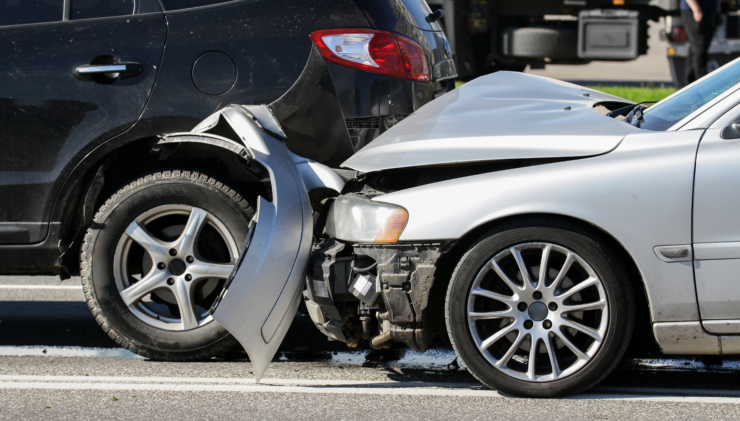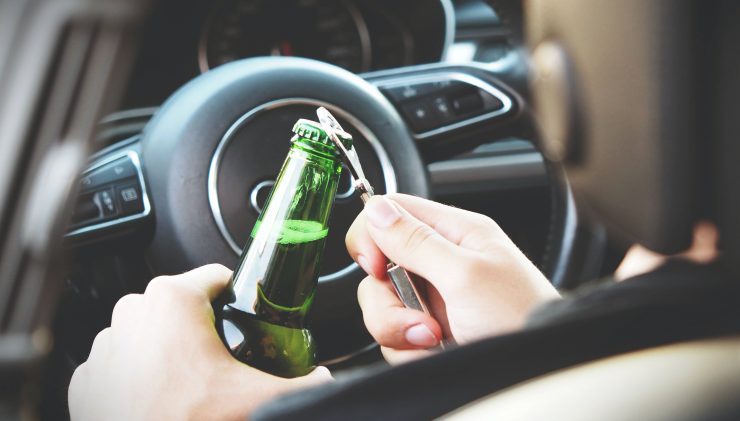 Auto Claims Trends: Frequency, Severity, Repair Costs, and Turnaround Times
Auto Claims Trends: Frequency, Severity, Repair Costs, and Turnaround TimesStay-at-home orders have forced many restaurants to switch to delivery and to-go orders only. This shift has helped restaurants survive, but between third-party delivery fees and the loss of alcohol sales, profits can still take a major hit.
Multiple states have tried to help by loosening liquor laws. According to Eater, New York, New Hampshire, Maryland, Illinois, California and Texas have all made temporary changes that allow alcohol delivery during the pandemic. More states and jurisdictions may have passed similar laws.
As a result, many restaurants have been able to sell beer, wine and even cocktails with to-go orders. This can be a boon for profits – but it may also be leading to three new liability issues.
Liability Issue One: Over Serving
Restaurants and bars normally have to be careful not to overserve customers. With the switch to to-go orders, this may be easier said than done.
Property Casualty 360 points out that restaurants aren’t being required to ask if purchases are going to be shared or consumed by one person. As a result, someone could pick up a large amount of alcohol, drink all of it, and get alcohol poisoning – and the restaurant could potentially be liable.
Liability Issue Two: Drinking and Driving
Drinking and driving is another key concern.
When people pick up to-go orders of alcohol, they’re supposed to wait until they get home to enjoy the beverage. But what’s to stop them from taking a sip – or more – while still in the car?
To be fair, states have addressed this with various restrictions and requirements. For example, according to King 5, Washington requires pre-mixed beverages to be placed in the trunk or in another area that the driver cannot access. Additionally, cocktails must be packaged with a secure cap or lid that prevents consumption unless the cap or lid is removed – no holes for straws allowed.
Nevertheless, some people are concerned that to-go sales may increase drunk driving.
Liability Issue Three: Underage Drinkers
Although liquor laws have been relaxed in many states, one thing has not changed. People under age 21 are still not allowed to consume alcohol.
To-go orders may make age requirements difficult to enforce. For example, someone who is 21 or older may pick up an order to share with individuals who are under the legal drinking age. Of course, this type of situation can occur with traditional sales from liquor stores, as well, so it is not an entirely new problem.
Masks, on the other hand, are a new issue. Checking IDs may be more difficult now that so many people are wearing masks. It’s easy to see how minors might take advantage of this situation to use someone else’s ID while buying alcohol. If they then proceed to drink to the point of alcohol poisoning, or to get into a crash while drinking and driving, the restaurant that sold the alcohol could conceivably be held liable.
A New Normal
Some states are lifting their stay-at-home orders, but many restaurants still face restrictions regarding dine-in options. At the same time, some people are calling to make the temporary rules allowing to-go liquor sales permanent. As restaurants adapt to this new normal, they must be aware of their liability exposures.
The Hospitality Insurance team at Heffernan Insurance Brokers is here to help your restaurant navigate these evolving risks. Contact us to learn more.



